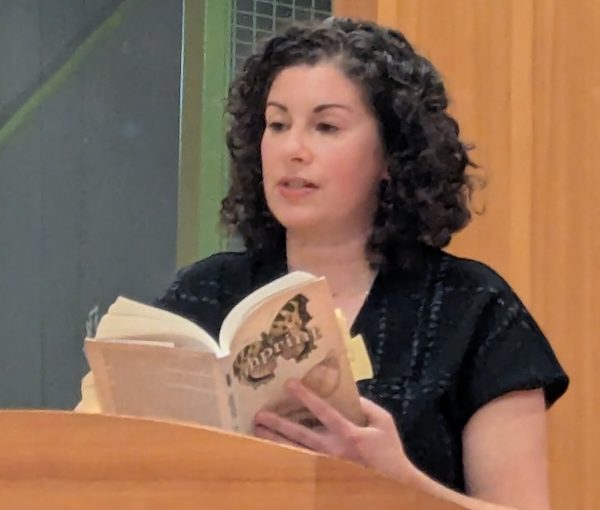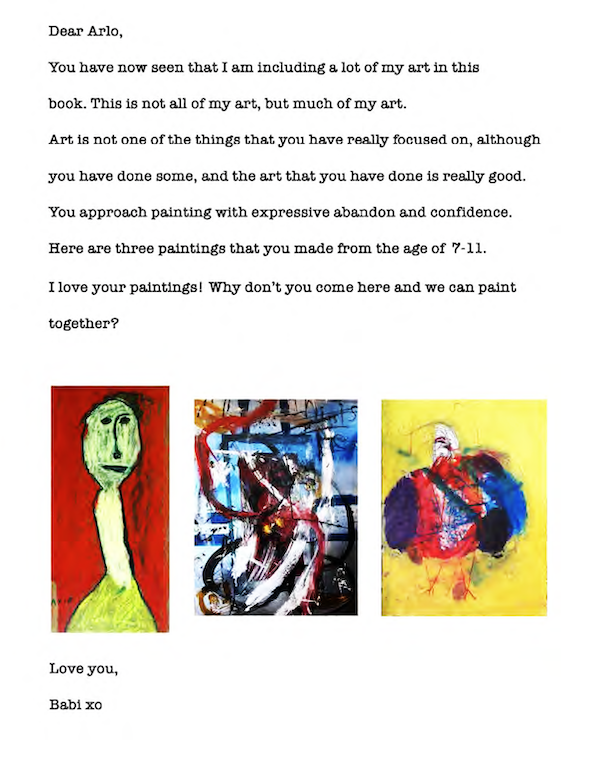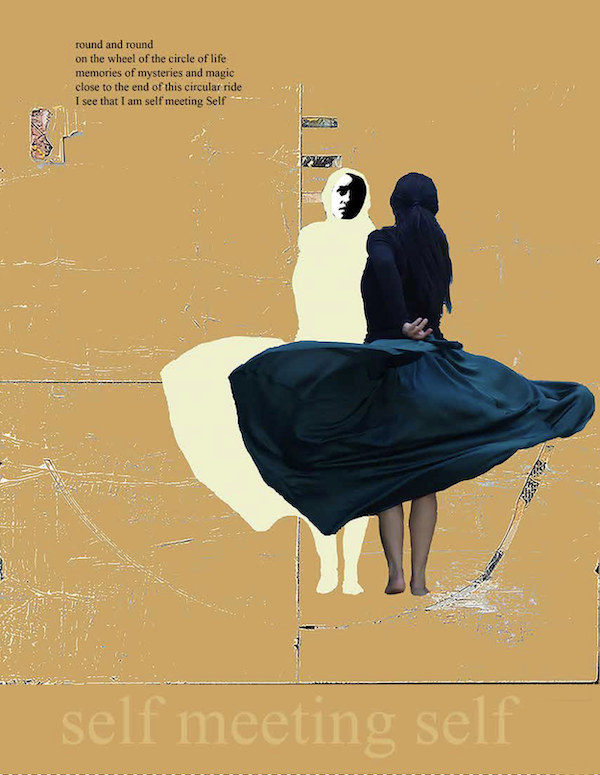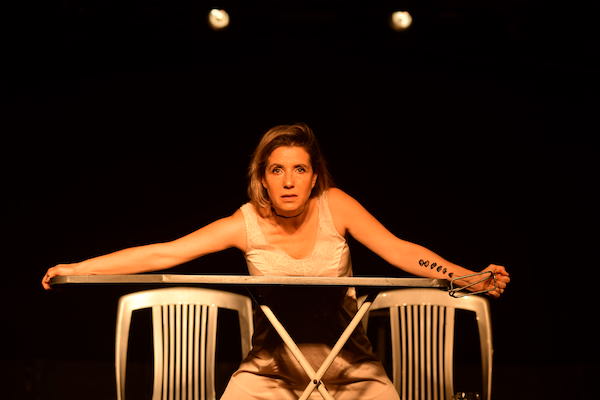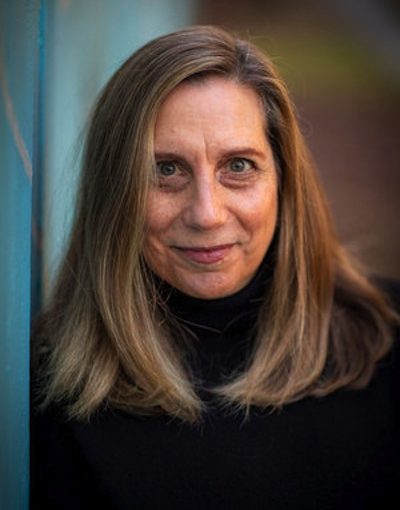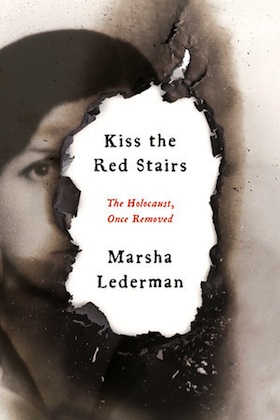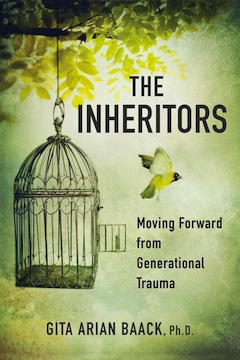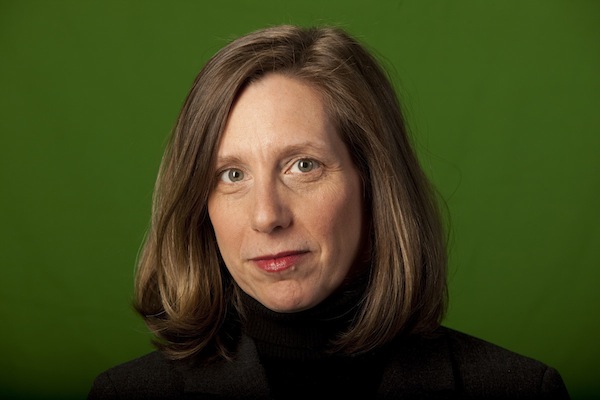Alix West Lefler plays Frida in The Fast Runner, a 15-minute short from director David Bercovici-Artieda that was shot over the course of four days in the Greater Victoria area. (photo from thefastrunnerfilm.com)
The Fast Runner, a film about a young girl and a rabbi confronting the reality of the Holocaust, will be shown at the Comox Valley International Film Festival on April 5. The 15-minute short was shot over the course of four days in the Greater Victoria area and involved 260 people.
Director David Bercovici-Artieda, the son of a Holocaust survivor, described the project as both a profound responsibility and an intensely personal journey. His father’s experience, though not depicted in the story, inspired him to bring the film to fruition.
“It’s not just about telling a story. It’s about honouring the memory of those who lived through unimaginable horrors, including my own father. Every frame, every scene and every creative choice carries the weight of history – my family’s history,” he told the Independent.
“I came to understand the profound impact of survival – not just the physical endurance, but the emotional and psychological resilience that followed. His story, and those of so many others, shaped my perspective on the responsibility of storytelling and the importance of preserving these narratives for future generations.”
Bercovici-Artieda said creating a film like The Fast Runner is a balancing act between art and education. It must be compelling, engaging and cinematic, but also serve the greater purpose of preserving memory and fostering empathy. At its core, he explained, the film carries a message of compassion, hope and perseverance in the darkest moments of history.
“It is a reminder that, even in the face of cruelty, there were acts of kindness, moments of defiance and an unbreakable human spirit. These themes are as relevant today as they were then,” he said.
Bercovici-Artieda admitted that, during the process of putting the film together, he questioned whether he was doing justice to the story and honouring his father’s legacy in the right manner.
“Ultimately, telling these stories is a privilege,” he said. “It is a way to ensure that the Holocaust is never forgotten, to remind audiences that history is not just in textbooks – it lives in the voices and memories of those who came before us.”
Bercovici-Artieda stressed that the film is about choices as well: those forced upon people who suffered and those made by people who stood by, helped or betrayed. Viewers, he hopes, will recognize the weight of these decisions and that history is not just a collection of events: it is built on the actions and moral dilemmas of individuals.
“I also hope audiences see the film not just as a story about the past, but as a reflection of today’s world,” he said. “The forces of hate, intolerance and dehumanization did not disappear with the Holocaust. They persist in different forms. If we are not vigilant, history can repeat itself. And, right now, we are witnessing a dangerous rise in antisemitism, Holocaust denial and historical revisionism.”
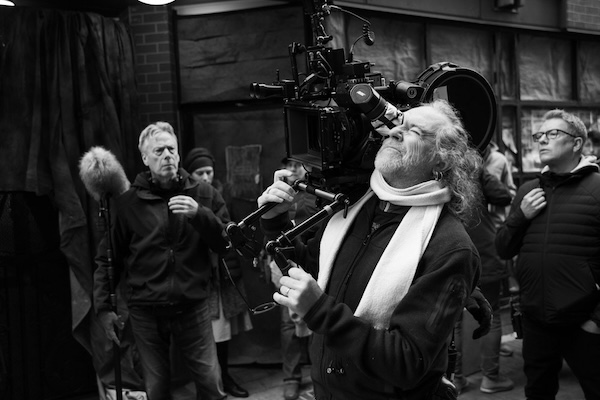
Most importantly, Bercovici-Artieda would like people to leave the theatre with a sense of empathy. Survivors like his father, he said, endured unspeakable horrors, but they carried on, rebuilt their lives and, in many cases, found a way to forgive.
“If they could move forward with hope, so can we,” he said.
Currently, Bercovici-Artieda is raising funds to support a partnership with Journeys in Film, an educational nonprofit, to help teachers bring The Fast Runner into classrooms worldwide. In addition, he would like to expand screenings, panel discussions and outreach programs to engage audiences in meaningful conversations about the Holocaust, resilience and the dangers of historical revisionism.
“My hope for educating people about the Holocaust through The Fast Runner is to provide a deeply human perspective on one of history’s darkest chapters – one that goes beyond statistics and textbooks,” he said. “I want audiences, especially younger generations, to connect emotionally with the story, to feel the weight of what was lost and to understand the consequences of hatred and intolerance.”
The Fast Runner screened at the Victoria Film Festival in February; the Shabbat Lounge, a Jewish cultural event running alongside the Sundance Film Festival in Park City, Utah, in January; and the Victoria International Jewish Film Festival last November. After Comox, it will make its Latin American debut, with three screenings in Ecuador, Bercovici-Artieda’s home country. One of the screenings will take place on Holocaust Remembrance Day (Yom Hashoah), on April 23, in Quito.
The film stars Alix West Lefler as the young girl Frida and Alex Poch-Goldin as the rabbi. Only 13 years old, West Lefler has a considerable list of acting credits, including roles in films (Speak No Evil, The King Tide) and on television (The Good Doctor, Riverdale). Poch-Goldin is a veteran stage and television actor with appearances on Nero Wolfe, Murdoch Mysteries and Queer as Folk; he is also a playwright, director and librettist.
Michael Bruce Adams wrote the screenplay for The Fast Runner. Adams has been involved in more than 150 film productions. Besides short films, he has written features and documentaries.
Bercovici-Artieda has been the cinematographer on dozens of film projects and a director of several recent television series’ episodes and movies, including the holiday film Making Spirits Bright.
For more about The Fast Runner, visit thefastrunnerfilm.com.
Sam Margolis has written for the Globe and Mail, the National Post, UPI and MSNBC.


